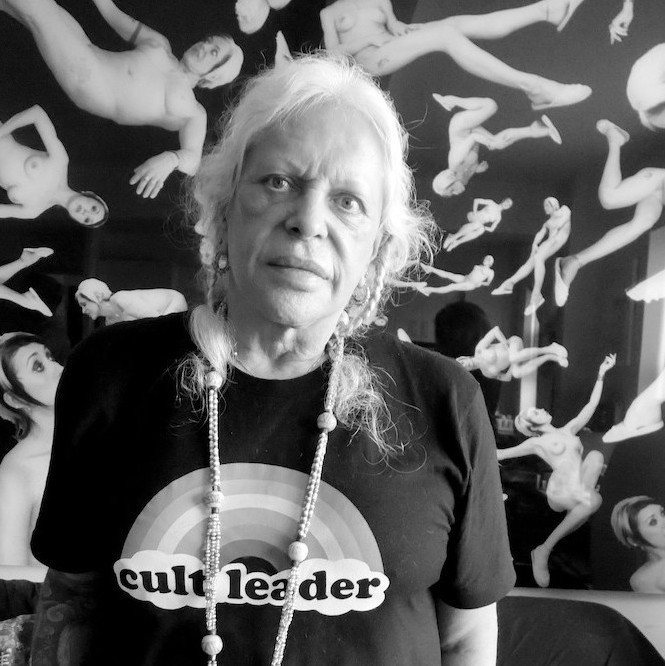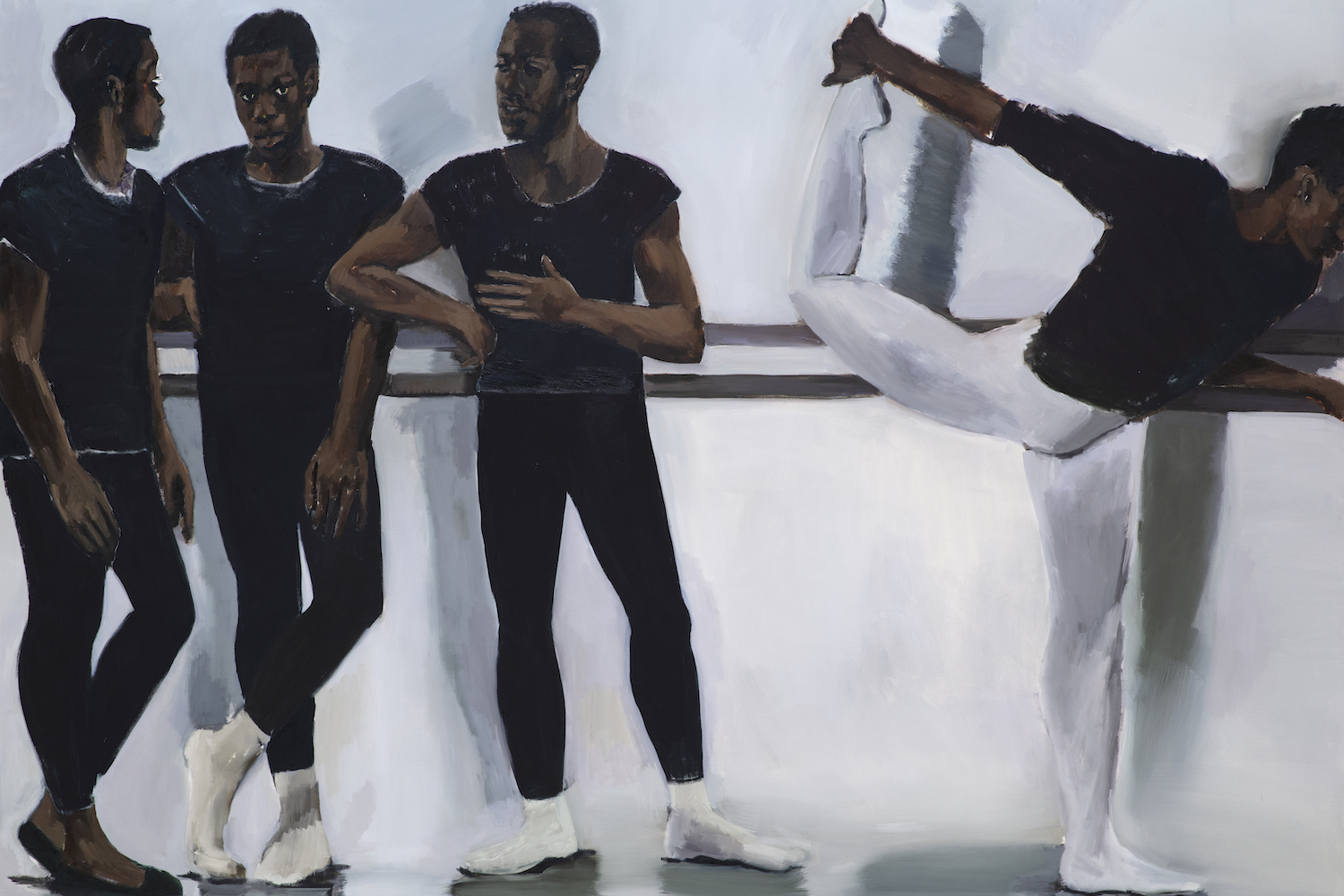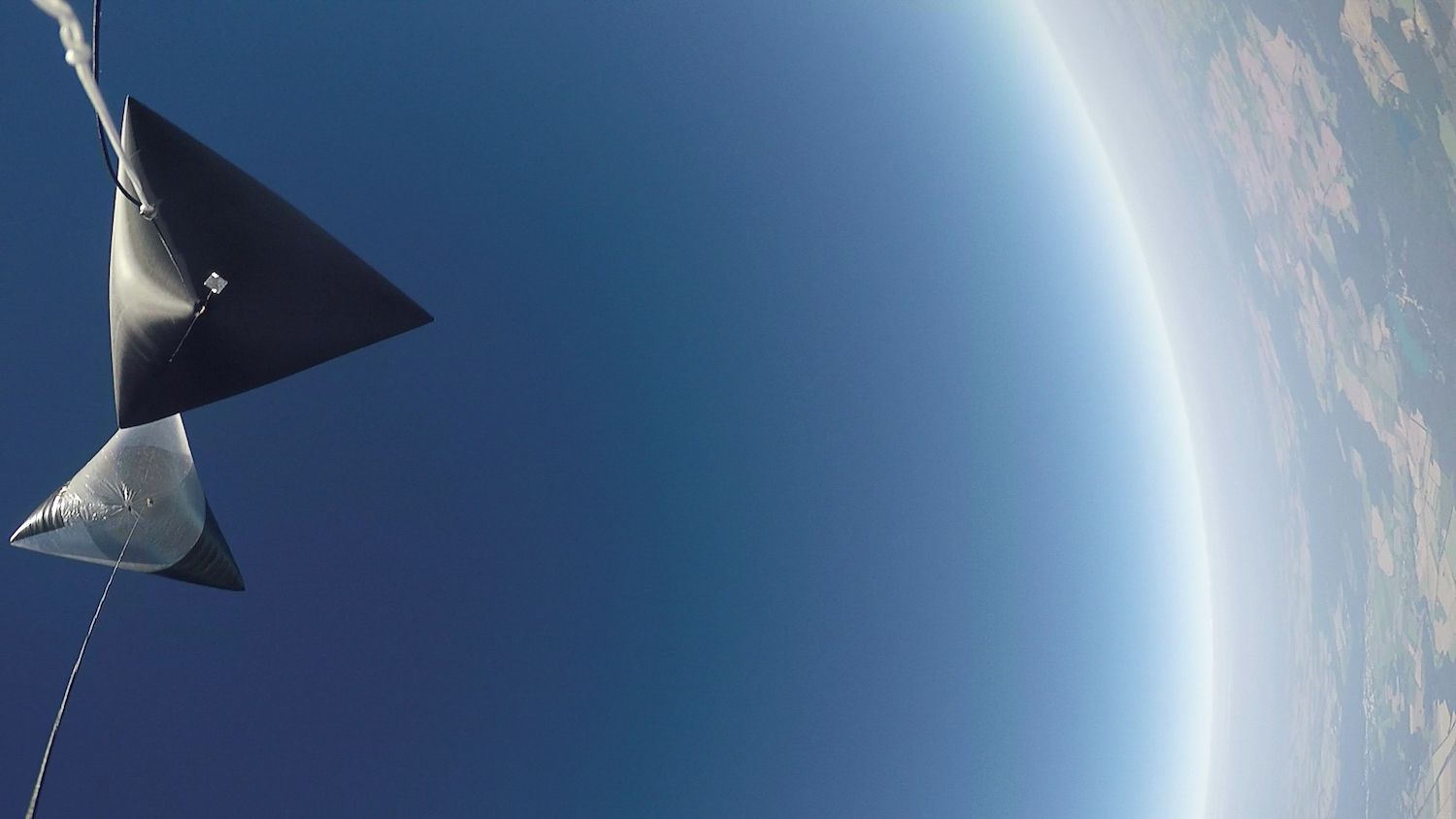It is late April in 2020, and already I have been in isolation for almost two months. Following the “unfortunate” developments in our neighboring country Italy, the Greek government ordered social distancing in early March and, surprisingly, the people obeyed to the last detail. Fear is a strong incentive for citizens to comply unquestioningly to regulations, as absurd as they might sound at first. And even if “forced” confinement has by now been acknowledged as the right thing to do — even by leftist revolutionaries, radical neoliberals, and conservatives — one cannot help but think about the kinds of regimes this exemplary exercise might assist if used in the future — if there is a future as we comprehend it.
Ongoing struggles against repression — even if not always successful — were rendered moot as the possibility of death knocked at our front door. The governmental ban on any form of uncontrolled circulation, embraced by most individuals around the world, became a shield against the spread of the virus and a protective strategy for state health systems. Understandable, of course, but at the same time a great oxymoron: against the unmistakable backdrop of authoritarian politics that had been burgeoning anew across the globe, threatening democracy and freedom, the rise of the regulatory state was now more legitimized than ever.
In his recently published notebooks, Greek poet Titos Patrikios wrote about how exile distances one from everything that previously comprised a daily routine. At the same time, it provides an opportunity to reflect on and understand the real dimensions of daily habits. In that sense, exile can seem a bit like the distance we take from a subject when photographing it. Both cases might hide a steep cliff. One more step backward and we fall.
Government-imposed isolation due to the threat of a virus is not the same as being ostracized, yet there are similarities. Each day that we spend in our apparently much-needed protective custody, it might be useful to be aware of this, and to think about its possible repercussions. Not in order to set ourselves prematurely “free,” but in order to rule out the possibility of repeating this act of submission in other contexts.
Less than half a year ago protests simultaneously rolled through Algeria, Lebanon, Chile, Colombia, France, Haiti, Hong Kong, India, and Indonesia. Although geographically disparate, and possibly heterogeneous in cause, these protests marked an underlying demand that seemed to be analogous: an urgent outcry against financial and other forms of injustice. Planetary stasis due to the COVID-19 emergency has abruptly silenced these voices — possibly for good, as things will never be as before. Yet the issue at stake is still the same: the system has failed.
Apparently we all already knew this; we just never imagined that things would go so badly so fast. For some time now, all we have heard from mainstream media — besides statistics tracking the spread of the disease and national death counts, as well as confused strategies of prevention and crisis management — is that “we are all in this together.”
But who are we? And what is this?
In my case, after a year of ceaselessly galloping around the planet for work, I finally arrived back “home” at the end of February with a severe upper-back injury due at least in part to the unforgiving confines of airplane seating. I was already lying in bed, completely immobilized by pain, for a week prior to reports of the virus’s spread in Europe and the official designation of a worldwide pandemic. The transition from this everyday reality to that of the quarantine felt “smooth” — in the beginning at least. It took me a few days, however, to fully understand the abrupt sense of alienation and entanglement that the latter state was beginning to instill in people worldwide.
All of a sudden, the travel of one could jeopardize the safety of another. One country’s success in mitigating the effects of the virus suggested the incompetence of another. The refuge offered by one location highlighted the extreme precarity of another. The fragile continuum of our planetary coexistence — our wishful appeal to “we” — had begun to irreversibly splinter and fragment.
Following the initial shock — along with the demise of the quasi-racist assumption that the virus was just a far-eastern concern, but in fact represented a northern/western emergency — state governments became enmeshed in a vulgar antagonism, a competition to find out whose preventative strategy was best. As if the pandemic wasn’t a global hazard. The demeaning of human lives, as death counts were announced like game-show scores, was truly obscene. The lurking course of deglobalization that had been developing over the past few years now took on new meaning. In the context of physical distancing, border closures were now lauded as one of our most effective preventative measures. Even if this might be true, the parallelism with the demagogic construction of physical walls between countries felt creepy. Borders constantly need to be crossed by those in need. What will now happen with all those who are literally waiting at the border, hoping for sanctuary? The world had entered a survival-of-the-fittest phase, vocalized unashamedly as necessary. Compassion for the other became weirdly abstract, undermining any form of real solidarity. After all, the farther away death seems to be, the easier it is to speak about it. To some, ethnic cleansing seems more viable than ever. The supremacy of northern/western reasoning against all other savagery once again shined gloriously, momentarily overshadowing a huge reservoir of critical knowledge that exists outside its constraints.
Yet everything is connecting with everything and everyone. Indigenous cosmologies and traditional communities have been arguing about the interconnectedness of humanity in every possible sense. We now can feel this inside our bodies, our throats, our lungs. I just hope there is still time for a universal recovery. The notion that our confinement was to protect exclusively ourselves and our immediate family, while our “unlucky” neighbors were dying daily by the hundreds, felt to me unearthly. Like a betrayal of love for humankind. Who wants to “survive” in a world devoid of people? It took some persuasion and common sense, as well as a well-rounded and respected epidemiologist, to convince me that this was for the best. Since then — like most of us — locked down in the brief company of a very few, I have seen many shifts within our present temporality of unknown duration. Weekly, daily, even hourly developments constantly disorient yet provide food for thought at the same time.
Despite the imminent threat of death and the backlash of coming impoverishment, we started becoming more comfortable with the reality of the planetary pause. The more we embraced uncertainty and begun to come up with meaningful, momentary solutions that might foster togetherness and collective reflection, the more politicians became alarmed. Paradoxically, just as we finally surrendered to physical distancing, sacrificing our liberty so that the community could survive, various governments started ordering the premature abolishment of strict measures and a slow return to ordinary life. They hurried to reimpose their old economic logic on a population that was still suffering an unimaginable traumatic experience. They wanted to do so even at the cost of more human lives.
The coronavirus has been a great revealer of weaknesses in many governments, welfare states, and public health systems around the world. The European Union is facing its biggest challenge since the financial crisis, as the wealthy north still seems unwilling to support the heavily hit and impoverished south.
Perhaps capitalism is over in the form we knew it. Perhaps not.
As I write this I read fragmented news reports on my screen. The German government has asked the Romanian government to grant a bespoke exemption from the lockdown and allow Romanian seasonal workers to go and harvest white asparagus, a traditionally celebrated delicacy in late April. As unbelievable as this might sound, apparently “theasparagus imperative trumped the pandemic. The Romanian government agreed, admitting that it had no income support system for this group of workers.” So what happens if these workers get sick? “The burden of any treatment will fall on the Romanian health system, the same one that has lost doctors and nurses to Germany.”[1] Shouldn’t it be possible for Germans to miss part of the white asparagus season this year? At least until the safety and dignity of cross-border workers can be guaranteed, rather than reducing them to a dehumanized “labor supply”?
Perhaps now — now that the pandemic seems to be disrupting the neoliberal order that obliges people to go work and then spend their wages, and now that oil, the world’s most important commodity, is losing its value — is the time to recognize that we are part of a new community of struggle: a community under construction. We, the ordinary people of this earth, might be capable of imagining and putting in motion a brave new world that is interconnected not only theoretically, digitally, and physically, but also materially.
We still might be able to all be in this together, even if for the moment we are not…
Culture, the domain of some of us, has been hit severely. While the agencies that shepherd the essential pleasures of being and learning together are closed for our safety, most artistic productions have also ceased. It will take a while for the machinery to be put into motion once again, as funding — at least in most parts of the world — is for the moment lacking. Still, artists and cultural agents of all sorts know how to tame stasis. They internalize silence and prepare for what needs to be said at a later stage. (Despite some dubious and rushed artistic expressions of solidarity, more thoughtful makers and thinkers seem to be keeping their work private for the moment.) Much is being done at an individual level — of that I am certain. We must not lose this opportunity, cultivated by a global process of introspection and research, to collectively manage the unimaginable: a paradigm shift even amid a moment of great confusion and sickness. Now is the time.
“Art ” can always foresee a future, usually a “timeless” one. A great clue can be found in an obvious source: the words of Samuel Beckett, spoken by Vladimir in the celebrated play Waiting for Godot:
Let us do something, while we have the chance! It is not every day that we are needed. Not indeed that we personally are needed. Others would meet the case equally well, if not better. To all mankind they were addressed, those cries for help still ringing in our ears! But at this place, at this moment of time, all mankind is us, whether we like it or not. Let us make the most of it, before it is too late! Let us represent worthily for one the foul brood to which a cruel fate consigned us! What do you say? It is true that when with folded arms we weigh the pros and cons we are no less a credit to our species. The tiger bounds to the help of his congeners without the least reflection, or else he slinks away into the depths of the thickets. But that is not the question. What are we doing here, that is the question. And we are blessed in this, that we happen to know the answer. Yes, in the immense confusion one thing alone is clear. We are waiting for Godot to come.
Postscript, June 10
The above text was written at the end of April. When I learned more recently that the magazine was going to print — just as we were all being “freed” from lockdown, and everyone seemed to be trying to find their previous, seemingly secure place in the world (the same world, unfortunately) — I felt the need to write a postscript. After all, every day brings many changes within this condensed and distorted space-time we are all living through.
“Business as usual” would have been this postscript’s theme: the glorious nation-state has prevailed over the global pandemic. Yet, as I was preparing my comments, another change occurred: the denial of the right to breathe, in a manner as cruelly illustrative as the racist murder of George Floyd by Minneapolis police officers, proved to be insupportable by public opinion, particularly so during a period when all our efforts were focused on not losing our own breath due to a virus. The event triggered an unforeseen wave of uprisings in the US, which have now spread all over the world. Despite the fear of contamination, people are voluntarily putting their lives at risk, demanding justice. They have come out by the thousands to protest not only racism but also its underlying causes and systemic infrastructures.
Perhaps our moment of planetary stasis did indeed provide a moment of substantial reflection, a moment of silent and symbolic togetherness that now is taking physical form in the streets. As I write this, confederate monuments and statues of colonizers are being demolished around the world, sometimes by the people themselves and sometimes by municipalities. As these “men” finally fall to the ground, one after the other — a gesture of extreme symbolic power — the question remains: What comes next?
Maybe a chance for a global fight for the commons? I hope so. Indeed, it is not every day that we are needed.




